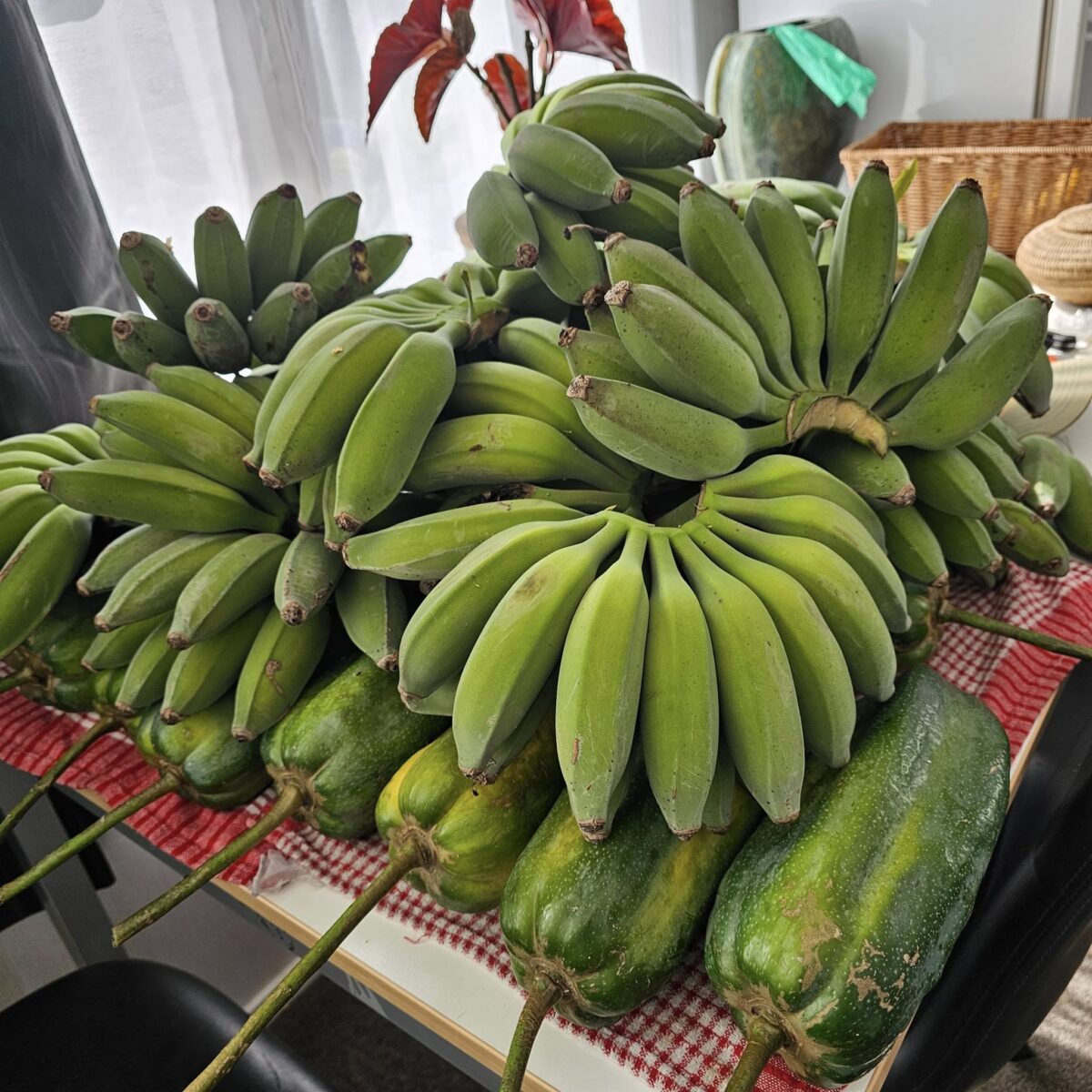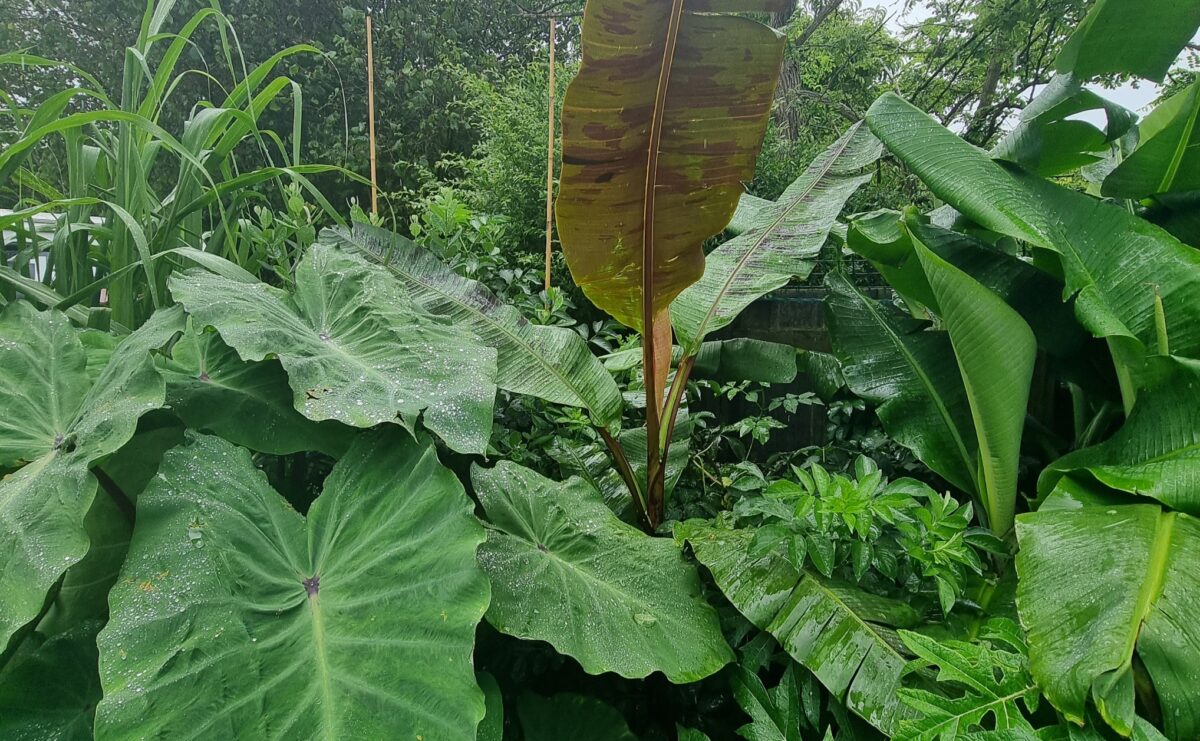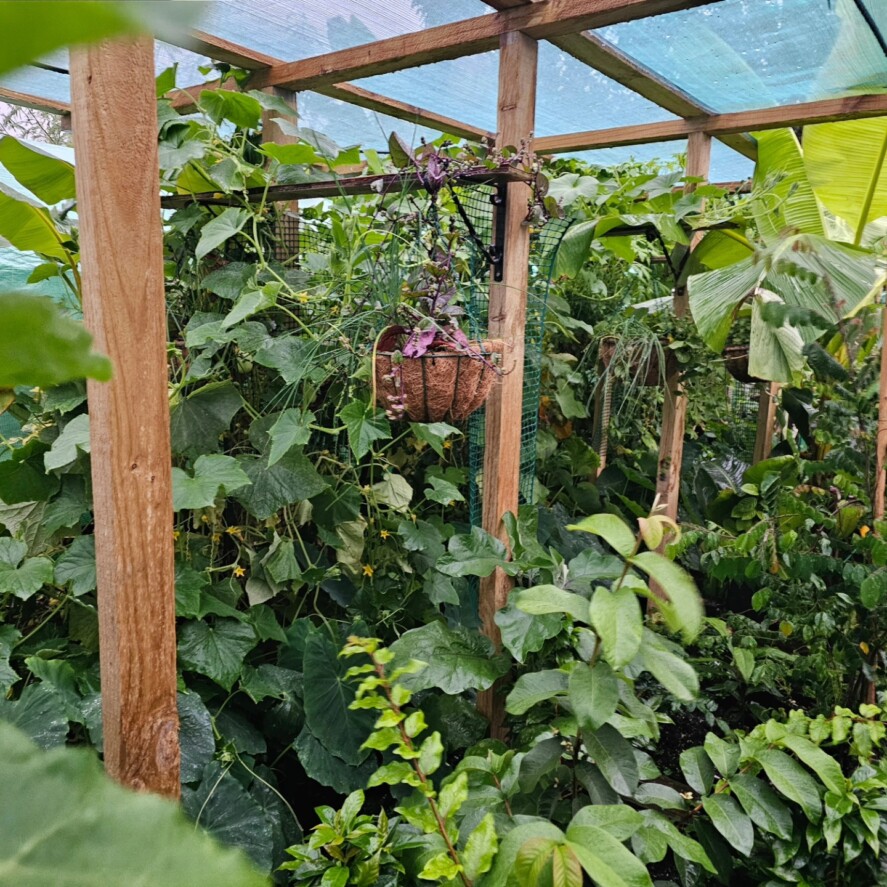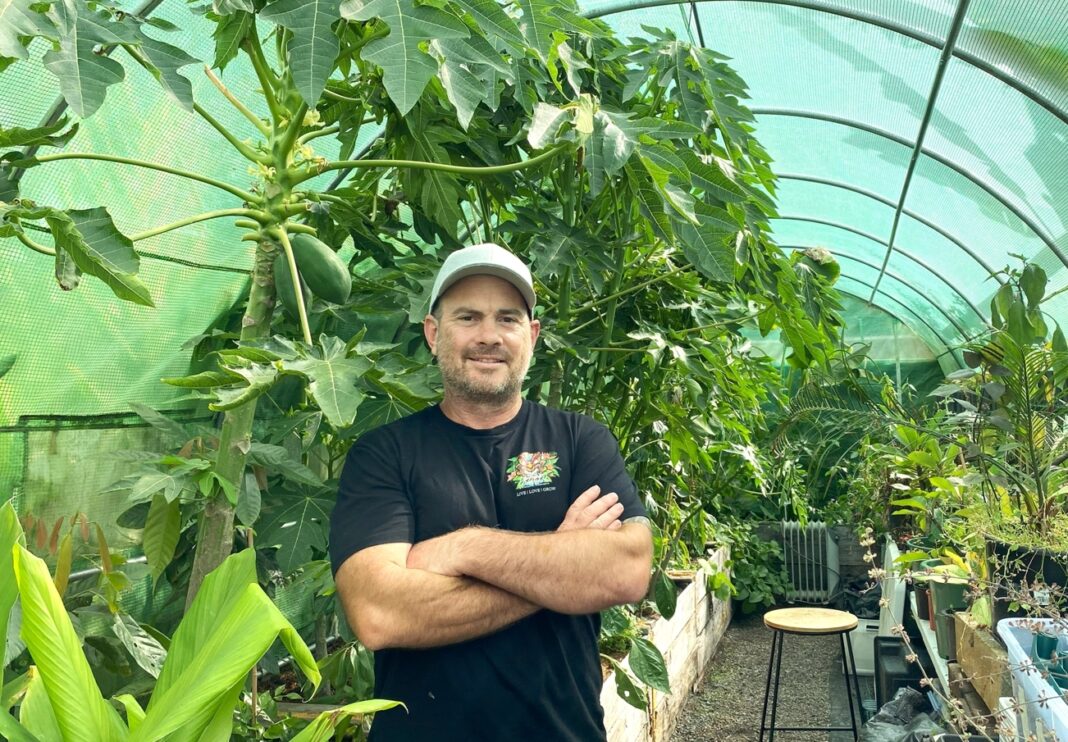The Heart of Te Puke: Unpacking the Vision of the Vector Group Charitable Trust
While many people associate the name “Vector” with New Zealand’s energy infrastructure, the Vector Group Charitable Trust is an entirely different entity, and its power source is pure community. Based in Te Puke in the Bay of Plenty, this non-profit organization is a driving force behind community development, creative projects, and a deep-seated mission to build a more connected and resilient society.
A Vision for a Sustainable Community
Founded by Stephen and Tracey Fawcett, the trust was born from a simple yet profound observation: a growing sense of disconnection among Te Puke’s youth and the wider community. Instead of feeling a strong sense of belonging, many expressed a feeling of being unsupported and isolated. The Vector Group Charitable Trust was established to confront this “why” head-on, with a vision to be “invested and to engage the need of belonging with our youth and community, by collaboration and as a creative collective.”
Their operating philosophy is encapsulated in the name itself. Like a vector in mathematics, the trust is a directional force, starting from a single point—the community—and moving outwards to create a positive, indefinite impact.
Cultivating Connection and Resilience
The trust’s work is incredibly hands-on and spans a wide range of initiatives designed to foster healthy connections and self-expression. While youth development is a core focus, their holistic approach ensures that people of all ages, ethnicities, and backgrounds can participate.
One of their most significant programs is “Grow Te Puke,” which focuses on building what the trust calls “kai resilience”—or food resilience. This is not just about growing food, but about nurturing the community through it. The program includes practical projects such as:
- Crop Swaps: Facilitating the exchange of home-grown produce, which not only provides fresh food but also builds social connections between neighbours.
- Edible Landscapes: Working to transform public spaces into productive gardens and food forests, making healthy food more accessible to everyone.
- Community Meals: Organizing meals for the homeless and hungry, offering not just sustenance but also dignity and a sense of community.
Beyond food security, the trust’s initiatives extend to information and creative expression. They run “Te Puke NewsWeek” and a podcast to share positive local stories and foster a sense of shared identity. They also support creative projects that allow people to express themselves and contribute to the vibrant culture of the town.
A Collaborative Approach to Community Building
The Vector Group Charitable Trust operates on the principle that they are not “re-inventing the wheel.” Instead, they seek to collaborate with and support existing community services and organizations. This includes partnering with local businesses, schools, and other non-profits to maximize their impact. A recent example is their partnership with Ballance Te Puke, who made a donation to the trust to support its ongoing work in the area.
In essence, the Vector Group Charitable Trust serves as a creative catalyst, a hub for collaboration, and a source of inspiration for Te Puke. Through their projects and their unwavering focus on creativity and belonging, they are actively working to transform the community one connection, one garden, and one person at a time.
Video
Location
FAQ
What is the Vector Group Charitable Trust?
The Vector Group Charitable Trust is a non-profit organization based in Te Puke, New Zealand. It focuses on youth and community development, aiming to foster a greater sense of belonging and connection within the local area.
What is the trust's core mission?
The trust's mission is to "create opportunities for healthy connections and self-expression." They operate with a holistic approach, working to engage all ages, ethnicities, and beliefs to build a more resilient and integrated community.
What is the
"Grow Te Puke" is a major initiative by the trust that focuses on "kai resilience" or food resilience. It includes hands-on projects like community crop swaps, creating edible public landscapes, and establishing community food forests to increase food security and social connection in the region.
Who are the founders of the Vector Group Charitable Trust?
The trust was conceptualized and founded by Stephen and Tracey Fawcett. They established the organization after recognizing a strong community need for a greater sense of belonging in Te Puke.
Is the Vector Group Charitable Trust related to Vector Limited, the energy company?
No. The Vector Group Charitable Trust is a completely separate and independent entity from Vector Limited, the energy company. The trust's name reflects its mission to be a directional force for positive change in the community, not a corporate association.








Leave a Reply